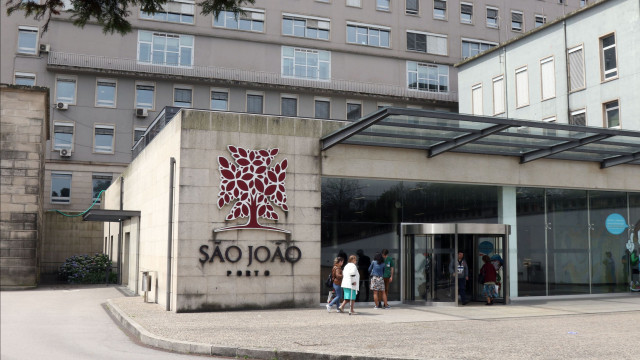
The conclusion is part of the study ‘Continuity and Change in Public Policies in Portugal’ by the Francisco Manuel dos Santos Foundation (FFMS), analyzing the main tools at governments’ disposal for steering public policy: administrative reorganizations, budget allocations, and appointments to leadership positions.
“Governments tend to use high-level appointments to ensure that public administration acts according to their political preferences, especially during party changes,” notes the study conducted by António F. Tavares, Patrícia Silva, and Pedro J. Camões, examining public policy evolution from 1976 to 2020.
Researchers analyzed data from over 3,000 public administration entities, including 1,692 first-level leadership appointments, highlighting a trend of stability in Portugal’s public policies, where government change is the primary factor prompting minimalist and moderate shifts.
Regarding public administration leaderships, “over half of the studied appointments (64%) occurred during party alternation moments,” while in periods without such shifts, “appointments tend to happen more frequently mid-term.”
The study reveals that sectors like health and education undergo more leadership changes during political transitions (42%), compared to technical sectors, which show only a 25% renewal in such circumstances.
Differences also exist between entity types and the ruling party’s ideology. Public institutes and inspectorates experience more leadership changes with party changes, whereas changes are less frequent in directorates-general, “closer to ministerial control.”
Politically, “Right-wing governments prefer appointing to directorates-general, while Left-wing governments more frequently appoint to public institutes.”
“These results suggest the Left seeks broader administrative control… Paralleling this is the hypothesis that such dynamics may relate to mobilizing a significant electoral group — public servants — as part of efforts to strengthen political support,” the study concludes.
The FFMS study also notes that Left-wing governments tend to appoint more leaders to public institutes in social and technical areas, while Right-wing ones focus on directorates-general, regardless of sector.
In recruitment methods, internal recruitment is most used, which, according to the researchers, indicates that “besides alignment between governments and leaders, existing internal knowledge in public administration is valued.”
Again, ideological differences appear: the Left values public sector experience in leader selection, whereas the Right prioritizes private sector professionals.
Globally, researchers suggest “party ideology in government can be crucial” in effecting public policy changes.
Right-led governments tend to focus on mergers and terminations of entities, particularly during economic crises, while Left-led ones prioritize creating new entities and maintaining continuity in stable economic contexts.
Party alternation and a parliamentary majority “often associate with more frequent and significant changes,” whereas minority governments “tend to demonstrate more stability in public administration structures.”
Regarding available budgets, minor changes prevail, with differences between institutions: directorates-general are more affected by budget cuts than public institutes, while inspectorates show fewer drastic changes.




